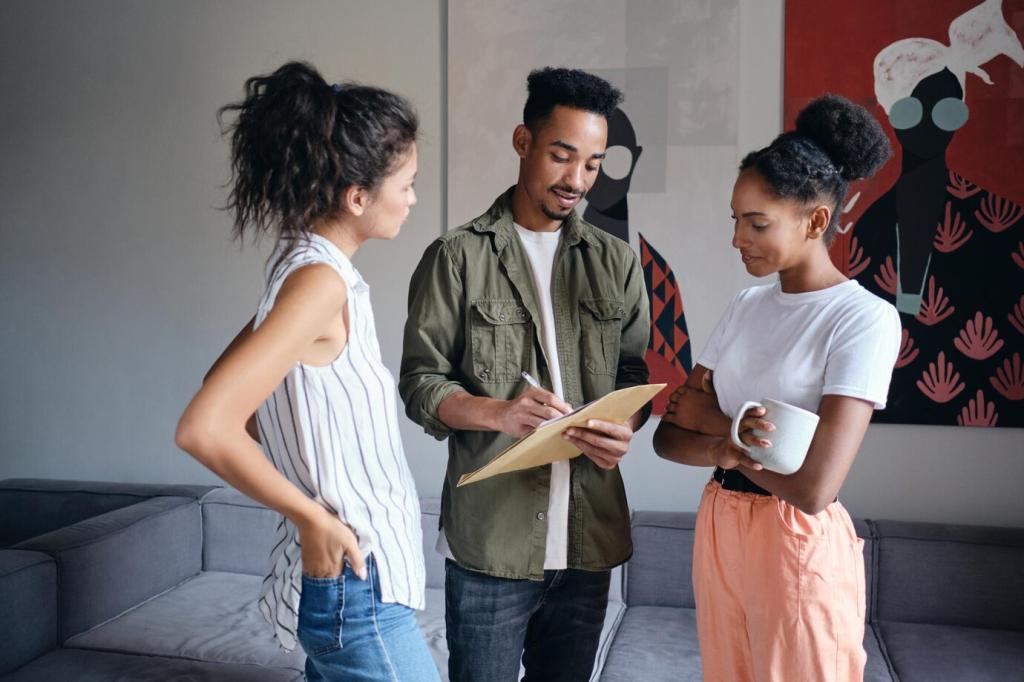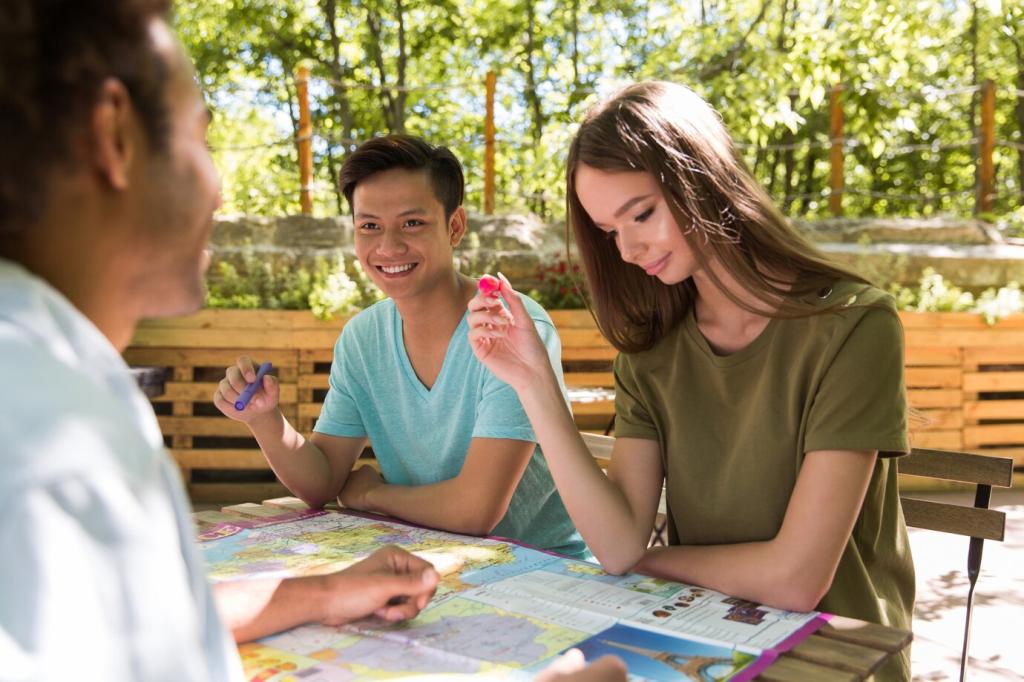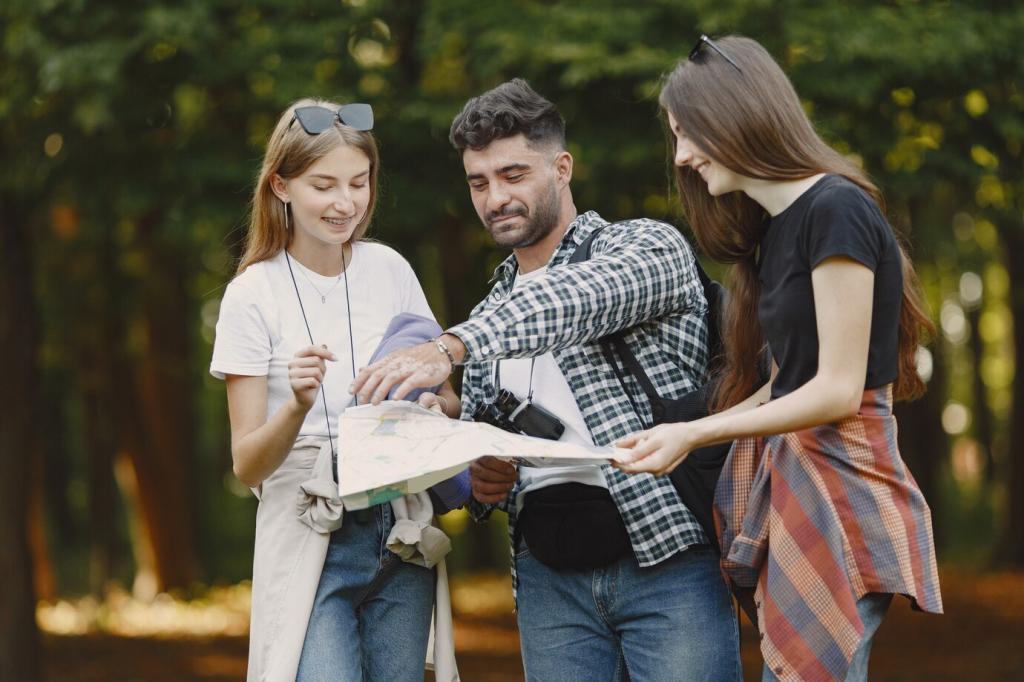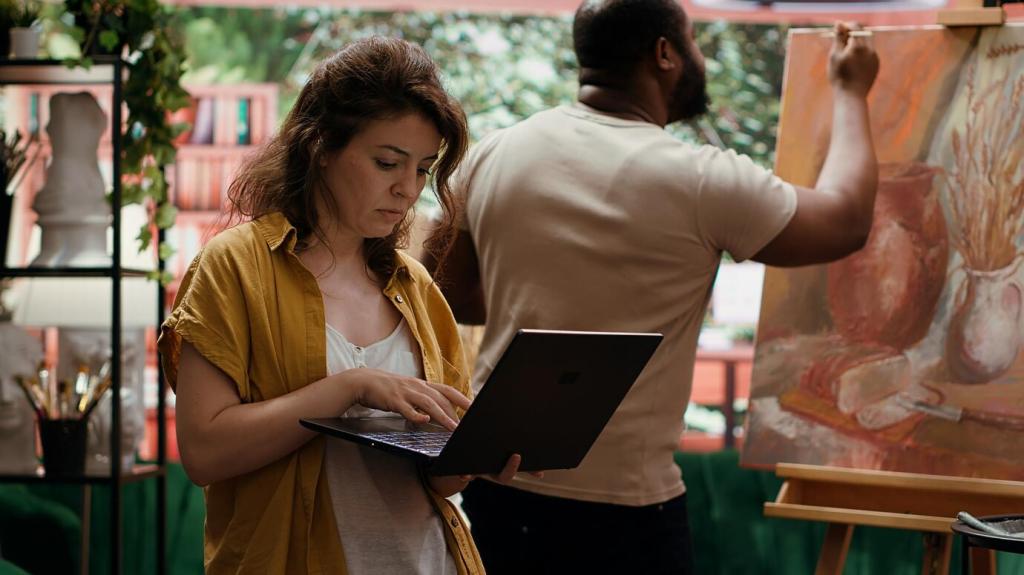Measuring What Matters
Offer surveys in multiple languages, large print, and screen reader friendly formats. Combine ratings with open questions. Invite phone or voice notes when writing is hard. What feedback channels have increased response rates across diverse guest groups?
Measuring What Matters
Collect only data you need, get consent, anonymize responses, and avoid tokenizing summaries. Share themes rather than identities. How do you communicate transparency so guests feel safe sharing sensitive experiences that help everyone improve?









